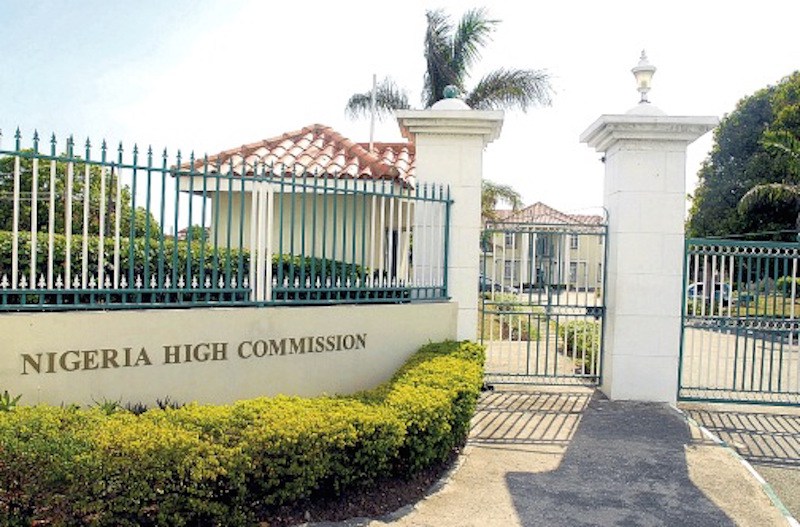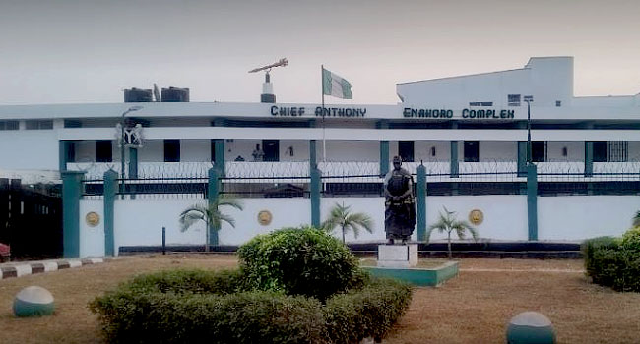The affected missions are those whose absence portend no serious bilateral or diplomatic effect sources said. They include the Permanent Mission to the D-8 in Istanbul, Turkey; the Africa-South America Cooperation Forum (ASACOF) in Caracas, Venezuela; embassies in Belgrade, Serbia; Colombo, Sri Lanka; Kiev, Ukraine; Prague, Czech Republic; the High Commission in Singapore as well as Consulates in Buea, Cameroon and Sao Paulo in Brazil.
Also approved for rationalisation is the number of officers at foreign missions, estacode for local travels and award of honorary consuls.
The government also ordered that posting staff of home ministries to foreign missions should be discontinued, while Foreign Service officers should be trained to carry out multiple tasks including administration, immigration, trade, culture and education related functions.
It was gathered that the rationalisation exercise will affect all 119 Nigeria’s foreign missions. Apart from 35 missions, the government directed that all other missions should be run by an ambassador and not more than three home-based staff. The level of local staffing, it said, must be controlled.
A letter from the Chief of Staff to the President, Abba Kyari, addressed to the Minister of Foreign Affairs, Geoffrey Onyeama dated June 8, 2016, said the practice of violating staffing ceilings for each mission must be stopped and corrective measures be put in place. Consequently, it said, there should be a review of the staff strength necessary for each mission.
The federal government also discovered that the award of honorary consuls was open to abuse by unscrupulous businessmen. The practice, it said, should be reviewed in accordance with international best practices.

















RT @SmileyEvents_: FG Shuts Nine Foreign Missions https://t.co/KPkLycpAlQ https://t.co/icW2iRxZ1v